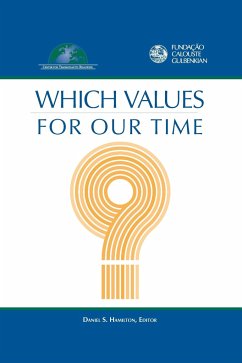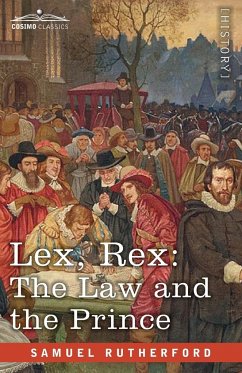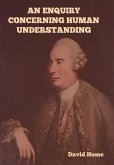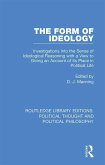Are we facing a crisis of values? In recent years various thinkers have argued that we face the end of truth (both metaphysical and scientific), the end of beauty, the end of history-even the end of man. Societal and historical ruptures, discontinuities, and radical innovations can be both cause and consequence of such thinking. Do we truly face a general crisis of meaning? Do we have the means, the tools to overcome it? Can we fathom other values able to bridge the seemingly disconnected cognitive, ethical- political, and aesthetic domains, and possibly reveal affinities between what Plato once termed the True, the Good, and the Beautiful? On the occasion of its 50th Anniversary, the Calouste Gulbenkian Foundation asked leading thinkers to address these questions. The result is a rich interdisciplinary examination, with contributions from Robert Kagan, Patrick Nerhot, Jean Petitot, Maria Luisa Dalla Chiara, Zenon Pylyshyn, Jerrold Levinson, Joseph Margolis, John Keane, David Gordon, and Jean-Pierre Dupuy.
Hinweis: Dieser Artikel kann nur an eine deutsche Lieferadresse ausgeliefert werden.
Hinweis: Dieser Artikel kann nur an eine deutsche Lieferadresse ausgeliefert werden.








